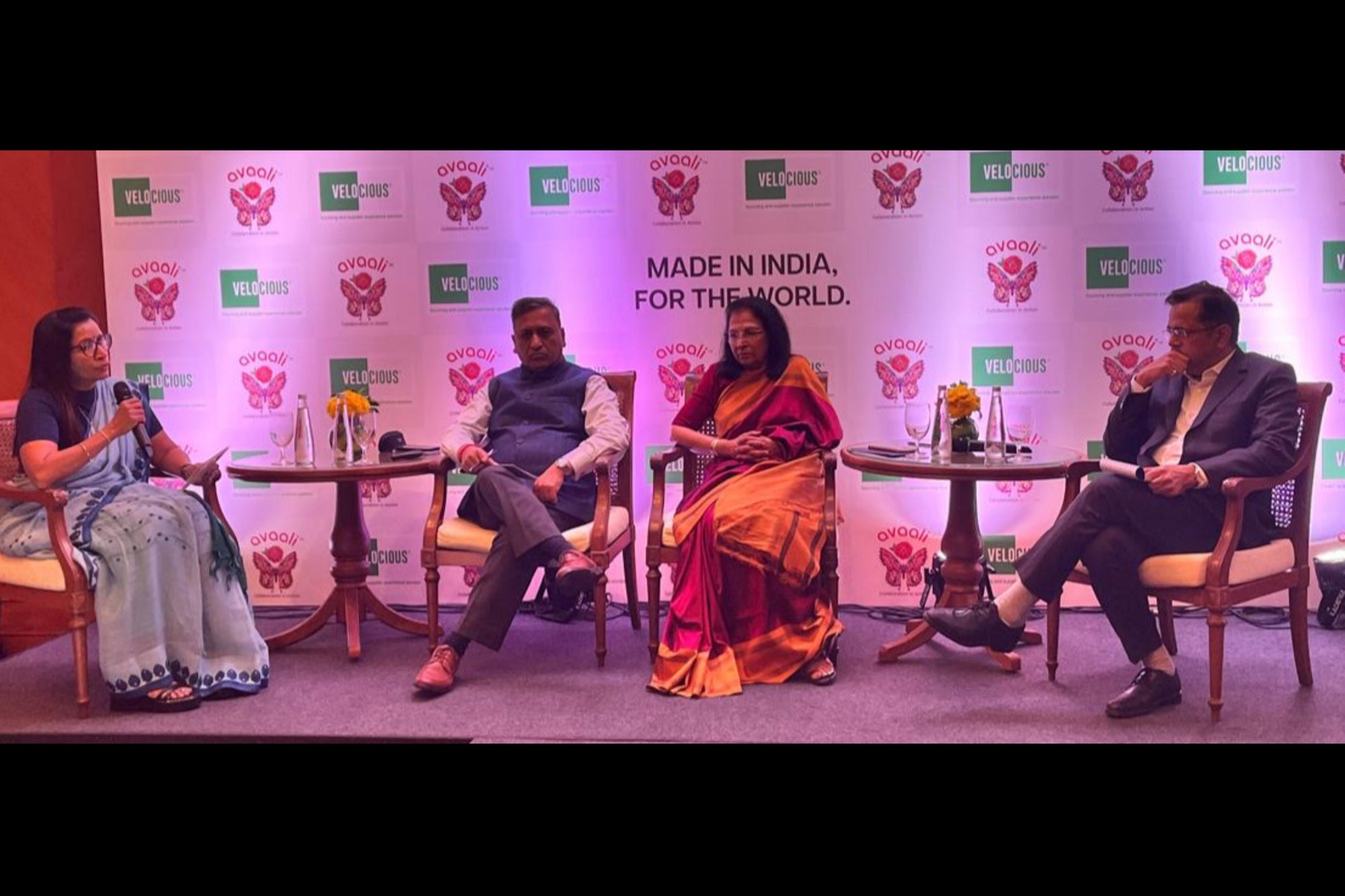UPI Crosses 2 Bn Transactions, But Why has BHIM Taken a Beating BHIM accounted for 46.6 per cent of all UPI transactions by volume in July 2017, but this has sharply declined to a paltry 1.06 per cent in July 2020
By Shipra Singh
You're reading Entrepreneur India, an international franchise of Entrepreneur Media.

Digital payments channel Unified Payments Interface (UPI) has doubled its transaction volume in the last one year to cross the 2 billion mark.
The instant-payment facility recorded a total of 2.07 billion transactions worth INR 3.2 lakh crore in October 2020, as per data from the Nation Payments Corporation of India (NPCI), the umbrella organization for all retail payments system in India.
After its launch in 2016, UPI took over three years to breach 1 billion transactions per month in October 2019, but has processed the next 1 billion transactions in just one year. This surge can be attributed to an increase in adoption of digital payments driven by Covid-19 pandemic and the recently concluded festive sales conducted by e-commerce giants Flipkart and Amazon.
UPI's growing popularity for retail as well as business payments has surpassed transaction volume processed by net banking, card payments and mobile wallet, shows the Reserve Bank of India (RBI) data. For FY 2019-20, UPI processed 1.25 billion transactions, whereas debit and credit card payments combined clocked 0.73 billion transaction volume.
Owing to the growth of UPI, mobile wallets and net banking have also lost sheen over the last two years.
However, in terms of transaction value, direct credit transfer channels RTGS and NEFT continue to be ahead of UPI as the former are preferred mode of payments for bigger business transactions. Both RTGS and NEFT allow instant transfer of large amounts, unlike UPI which has a daily transaction limit of INR 1 lakh.
Where is BHIM
Even as UPI has grown strong over the years, NPCI's mobile application BHIM has taken a beating.
NPCI had developed BHIM in 2016 to introduce UPI for digital payments. The app took off big way on its launch, but soon started facing stiff competition from third-party payment service providers, such as Google Pay and PhonePe.
Over time, BHIM has lost majority market share to its private peers who have relied on heavy discount and cashback to gain popularity among users.
As per NPCI data, BHIM accounted for 46.6 per cent of all UPI transactions by volume in July 2017, but this has sharply declined to a paltry 1.06 per cent in July 2020.
In terms of transactions by value, BHIM accounted for only 1.8 per cent of the total INR 3.8 lakh crore worth of transactions in October 2020.
According to a report by payment gateway Razorpay, in 2019 Google Pay was the most preferred UPI app on the platform, with almost 60 per cent market share, up from 48 per cent in 2018. PhonePe was the second preferred app (26 per cent), followed by Paytm (7 per cent) and BHIM (6 per cent).
Perhaps the major reason for BHIM losing out in the race of attracting customers is NPCI's limited ability to dole out promotional offers, in contrast to its private competitors with deep pockets who can sustain huge losses.
Several news reports have suggested that NPCI is mulling putting a cap on the market-share of UPI apps to prevent a handful of players from controlling the market. Seen as a desperate and damaging move by industry experts, if executed, it will not only curb innovation but also go against consumer interest.













